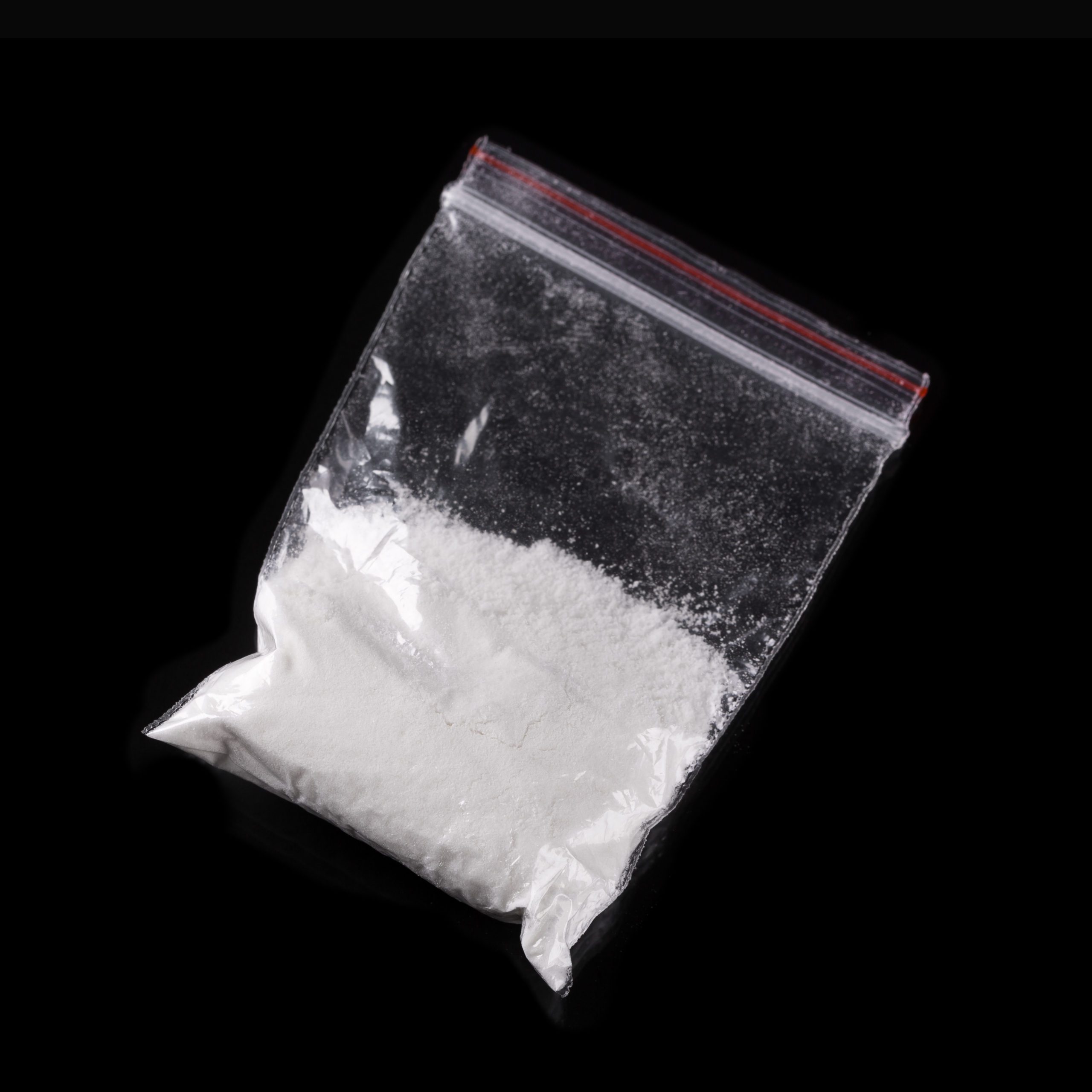Cocaine ranks second as the most prevalent drug of abuse in the U.S., it’s estimated that around 2.2 million people consume it every year. Along with other illicit drugs, cocaine is part of the U.S. Substance Abuse Mental Health Services Administration’s (SAMHSA) federal workplace drug testing panel, a model panel used by federal agencies and private employers across the country to drug test subjects.
Given the drugs widespread use, and relevance within testing panels, the detection of coke in your system may be of concern for employment, judicial, and treatment matters. For this reason, both addicts and examiners may wonder – how long does cocaine stay in your system?
If you are suspicious of someone in your organization using cocaine or are worried that your latest weekend adventure will show up in your next drug test then this article is for you!
How Is Cocaine Detected in Your System?
The first thing that needs to be understood about detecting coke in your system is that what subjects are being tested for is metabolites of cocaine, and not the drug itself.
A metabolite is a byproduct of the metabolism of a substance in our body, sort of a left-over our bodies produce, consider for example CO2 as being a metabolite of oxygen consumption.
Most tests identify cocaine by tracing a metabolite called benzoylecgonine; however, there are other metabolites examined, such as cocaethylene, which is a byproduct of cocaine and alcohol when they are consumed together.
The most common tests that check for the use of coke in your system examine urine, blood, saliva, and hair follicles.
How Long Does Cocaine Stay in Your System?
There are a number of factors that go into determining how long coke stays in your system, physiological factors will provide a short range of variance on test results while the test itself will provide a longer range of variance.
For example, a hair test may provide evidence of cocaine use for much longer than a urine test would.
Physiological factors that influence how long cocaine stays in your system include:
- Metabolism
- Frequency of use
- Weight of subject
- Dose
- Urine pH
- Concentration of urine
- Kidney or liver disease
Therefore, to better answer the question – how long does cocaine stay in your system? We need to examine each and every test option available.
How Long Does Cocaine Stay in Your Urinary System?
Urine tests are the most popular type of tests carried out by employers, the judicial system, and treatment centers, primarily due to their affordability and accuracy.
Cocaine, metabolites leave the body rather quickly, benzoylecgonine and other byproducts may only show up in a urine test for two to four days after consumption; however, habitual users with prolonged use periods may see that time extended for up to two weeks.
Consuming cocaine with alcohol extends the shelf-life of testing, as cocaethylene tends to hang around in both the blood and urine for much longer than benzoylecgonine.
How Long Does Cocaine Stay in Your Blood and Saliva?
Blood and saliva tests have the least longevity of all the testing categories. Blood tests will usually only trace cocaine and its metabolites for up to 48 hours, the same as with a saliva test.
How Long Does Cocaine Stay in Your Hair?
Cocaine, like other drugs, may remain in the hair follicle for extended periods of time, which makes it the preferred testing method for certain judicial processes and high-security clearance jobs.
A hair test can show coke in your system for up to 90 days, although in some cases of prolonged abuse the trace of cocaine could be around for much longer.
Cocaine Addiction Treatment Options
Cocaine addiction is a complex disease that requires specialized treatment. If you or one of your loved ones is suffering from cocaine addiction, then it’s time to get help.
Veritas Detox offers cocaine detox programs to help you or your loved ones combat cocaine addiction and get the support needed to get and stay sober.
Support is available 24 hours a day and 7 days a week at no cost or obligation. Speak to one of Veritas’ experts, to seek the help you and your loved ones need. Contact Veritas Detox today!











